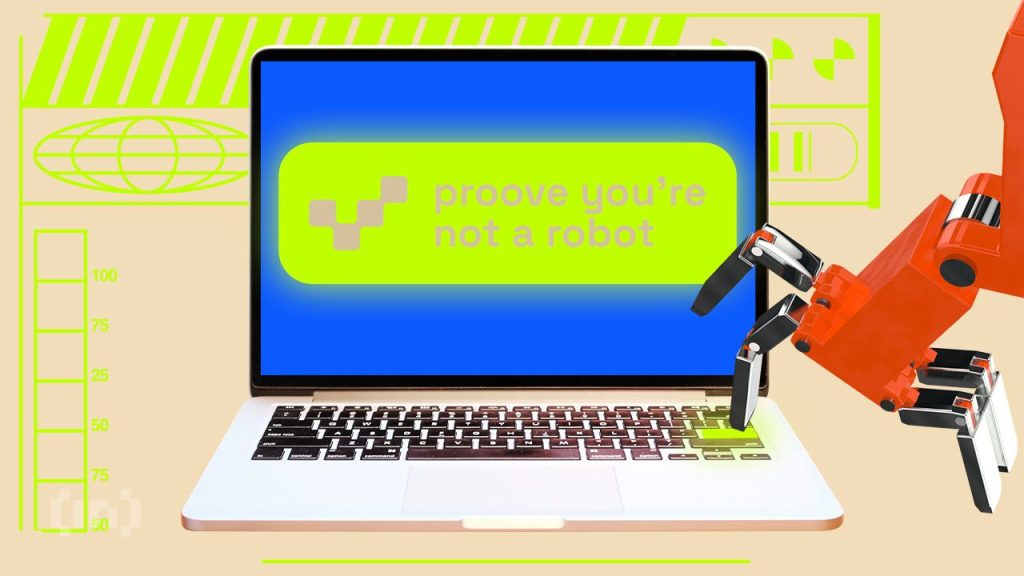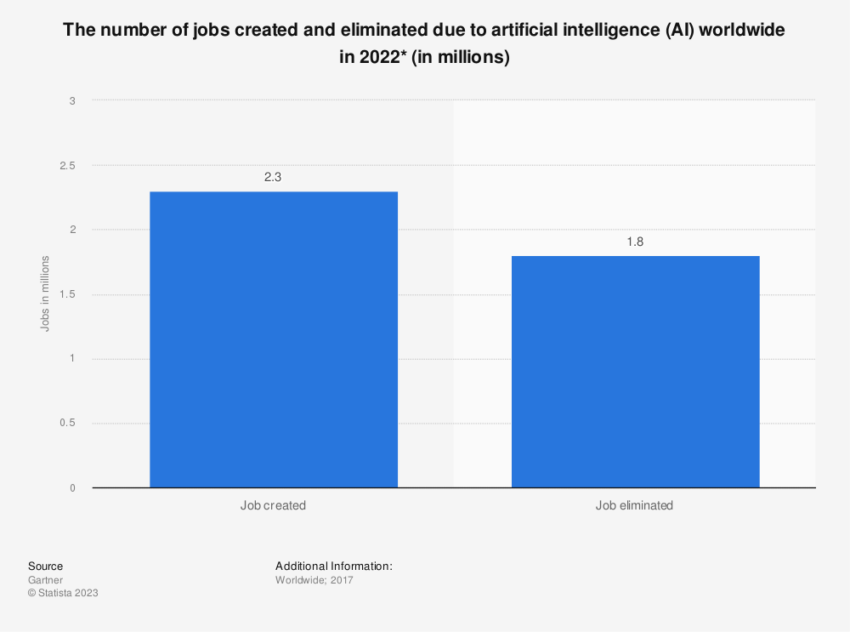These Are the Risks of Using AI in Crypto Marketing

The growth of artificial intelligence (AI) in various industries, particularly in marketing, has opened new avenues of convenience and efficiency. However, the rapid adoption of AI also raises serious concerns.
For those navigating AI-infused crypto marketing, it is crucial to understand the associated risks to avoid legal problems.
AI in Crypto Marketing: The Compliance Issues
The first issue arises from the unregulated velocity of AI’s expansion. This rapid growth is partially propelled by marketing agencies rushing to integrate generative AI tools into their strategies, regardless of the potential repercussions.
The eagerness to capitalize on AI’s capabilities and the absence of preventative measures may exacerbate these risks. One particular concern is the difficulty in differentiating AI-generated content from human-authored content, which is expected to increase in the coming years.
This blurring line could open Pandora’s box of copyright infringements and data privacy compliance issues.
Despite the legal risks, the push to innovate with AI is not slowing down. In crypto marketing, there is a driving fear that if one marketer does not adopt the technology, their competitor will. Yet, this arms race, compounded with AI’s evolving capabilities, could damage the crypto industry.
AI Risks of Misinformation in the Crypto Market
Perhaps most concerning is the potential for AI to propagate misinformation. With crypto markets already vulnerable to rumors and speculation, AI could further muddy the waters.
In early May, Binance claimed to be the target of a disinformation campaign linked to the use of AI. The firm received a flurry of inquiries questioning if Changpeng Zhao held an official position within the Chinese Communist Party. These queries gained momentum due to a supposed dialogue involving ChatGPT.
The repercussions of misinformation in the crypto market could be even more drastic. Disinformation could lead to significant financial losses and undermine trust in the industry, just as happened when an AI-generated image of a fake explosion near the Pentagon in Washington sent the stock market into a tailspin.
A recent study discovered that 80% of crypto traders have reported unsatisfactory encounters with ChatGPT. The grievances ranged from receiving incorrect investment guidance to encountering misleading information and factual distortions.
AI’s automatic nature could also exacerbate biases in media planning. This is a problem that the advertising industry has been grappling with for years.
In a space as volatile and sensitive as crypto, biased information could lead to skewed market perceptions and potentially increase financial disparities among crypto investors.
AI Could Replace Crypto Marketers
AI’s potential to replace jobs is another prominent social risk. A recent report from Forrester Research predicts that around 30,000 ad industry jobs could be lost to AI in the next seven years.

The rapid expansion of AI outpacing regulatory frameworks presents another challenge. While some industry leaders argue that advertisers should stay ahead of regulation, this forward momentum may not always coincide with the best and safest practices.
Web3 marketing agencies and crypto marketing companies should balance leveraging AI’s disruptive capacity and mitigating risks.
Disclaimer
In adherence to the Trust Project guidelines, BeInCrypto is committed to unbiased, transparent reporting. This news article aims to provide accurate, timely information. However, readers are advised to verify facts independently and consult with a professional before making any decisions based on this content.














